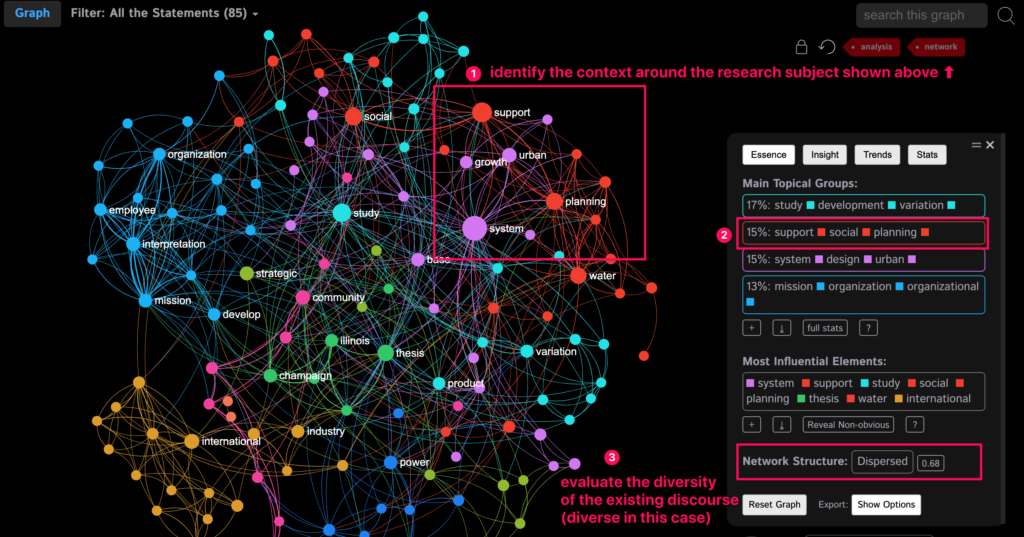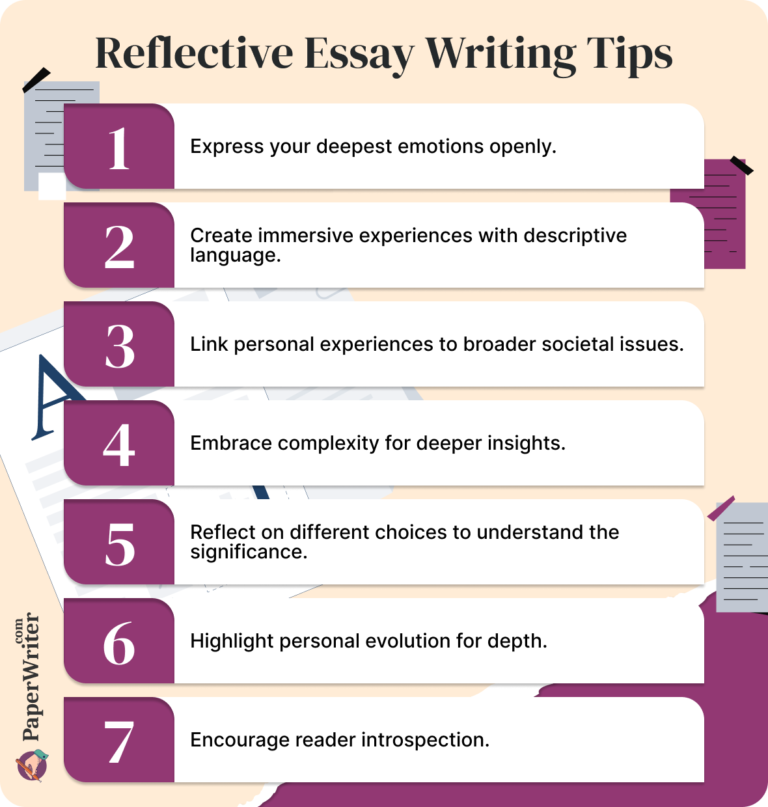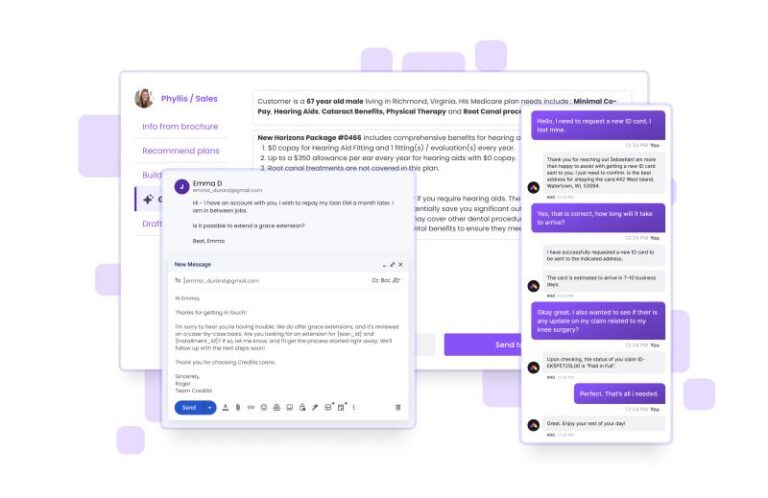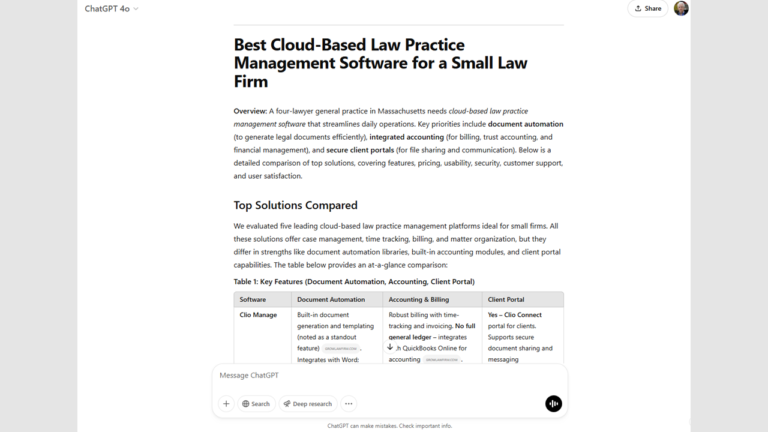Ai Tools for Literature Review: Unveil Hidden Insights!
AI tools for literature review streamline the research process by enabling efficient article discovery and data organization. They utilize machine learning and natural language processing to analyze texts.
Conducting a literature review is an integral part of academic research, where scholars and scientists gather existing information on a particular topic to establish a comprehensive understanding of the field. AI-powered tools have revolutionized this process by offering features like summarization, keyword extraction, and citation analysis, which significantly reduce the time and effort required.
These tools support researchers in navigating vast amounts of literature quickly, ensuring that they can focus on critical analysis and knowledge synthesis. Tailoring technology to aid in literature review, AI applications provide a more accessible path for researchers to draw insightful connections and identify research gaps within their respective fields.
The Evolution Of Literature Reviews
The journey of literature reviews has undergone a significant transformation. By embracing AI tools, researchers can now navigate vast information seas with greater precision. Let’s dive into the evolution of this critical academic practice.
From Manual To Digital: A Brief History
In the early days, researchers spent countless hours in libraries. They sifted through stacks of books and periodicals. Every piece of information was manually noted. This process was time-consuming and often overwhelming.
With the digital revolution, literature reviews also evolved. Academic databases and search engines replaced physical archives. Digital tools helped researchers find relevant information faster. Yet, this process still required manual evaluation of sources.
Now, Artificial Intelligence (AI) has begun to redefine this landscape. AI-powered tools can analyze texts and data more quickly than humans. They identify patterns and relevant studies with remarkable speed. Consequently, the literature review process has become more efficient and less daunting.
Current Challenges In Conducting Literature Reviews
Despite advances, researchers face several challenges in conducting literature reviews:
- Information Overload: The sheer volume of available studies can be paralyzing.
- Relevance Filtering: Determining which studies are pertinent to one’s research remains tricky.
- Time Constraints: Thorough reviews still demand significant time investment.
- Access Restrictions: Paywalls and subscription models limit access to some resources.
AI tools for literature review strive to tackle these challenges. They use algorithms to sort through data. These tools highlight the most relevant papers in less time. They are designed to understand context and semantics. This helps reduce the manual effort in filtering out the noise.
As AI continues to develop, the future of literature reviews looks bright. These tools promise more comprehensive, objective, and efficient reviews. They revolutionize how knowledge is synthesized and presented. This allows researchers to focus on analysis and innovation.
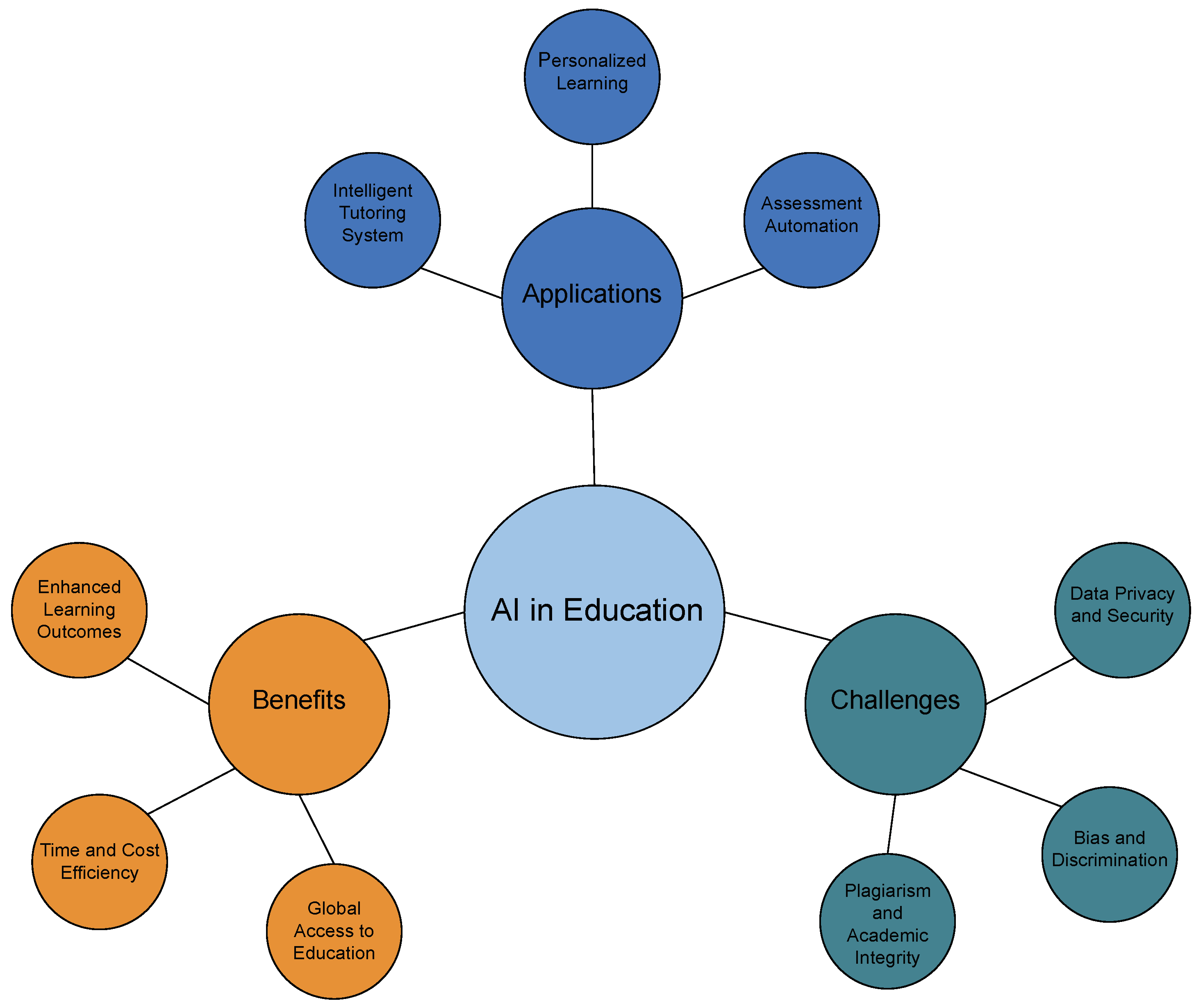
Credit: www.mdpi.com
Ai And The Research Landscape
The advent of Artificial Intelligence (AI) in the research landscape marks a momentous shift. Academic researchers and scholars now frequently lean on AI to distill vast amounts of data.
The Role Of Ai In Academic Research
AI transforms research by automating complex tasks. It siphons through vast scholarly databases, pinpointing relevant studies with incredible speed. This allows researchers to:
- Save time and focus on analysis.
- Ensure they review the most current literature.
- Identify hidden patterns and trends in data.
The use of AI spans multiple disciplines from medicine to environmental science. It fosters collaborative networks by sharing insights among scholars worldwide.
Key Advancements In Ai For Literature Analysis
| Advancement | Impact |
|---|---|
| Machine Learning Algorithms | Categorize, predict and analyze literature more accurately. |
| Natural Language Processing (NLP) | Understand complex academic jargon and context. |
| Data Extraction Tools | Retrieve data from figures and tables intelligently. |
| AI-powered Search Engines | Streamline the search process with precise filtering options. |
Semantic search and data visualization tools are game-changers. They offer visual maps of existing literature, making complex information easy to digest.
Advancements like predictive analytics forecast emerging trends.
Integrating AI in literature reviews maintains a steady foundation for groundbreaking discoveries. Every study integrated via AI tools builds a more comprehensive knowledge system.
Top Ai Tools For Literature Reviews
Researchers and academics know well that a thorough literature review is key to a successful study. Today, AI tools make literature reviews easier and more efficient. They help identify patterns, analyze texts, and predict trends. Let’s delve into the top AI tools designed for enhancing literature research and analysis.
Semantic Analysis Platforms
Semantic analysis platforms use AI to understand and process human language. They can read large volumes of text quickly. Such tools highlight key themes and concepts in literature. They also find the relationship between different pieces of research. Here are some top platforms:
- MaxQDA: Integrates qualitative data analysis with mixed methods research.
- Quirkos: Offers an intuitive way to visualize text data for easy understanding.
- Atlas.ti: Helps in dissecting complex data with a user-friendly interface.
Predictive Analytics And Trend Spotting
Predictive analytics tools are like fortune tellers for researchers. They forecast upcoming trends based on past and current data. This aids in spotting new research opportunities. These tools help remain ahead in the knowledge curve. The leading tools include:
| Tool Name | Function |
|---|---|
| SPSS Modeler | Provides advanced analysis techniques for prediction. |
| SAS Text Miner | Extracts insights from text data to predict future trends. |
| Provalis Research Text Analytics Software | Combines text analysis with statistical tools for trend analysis. |
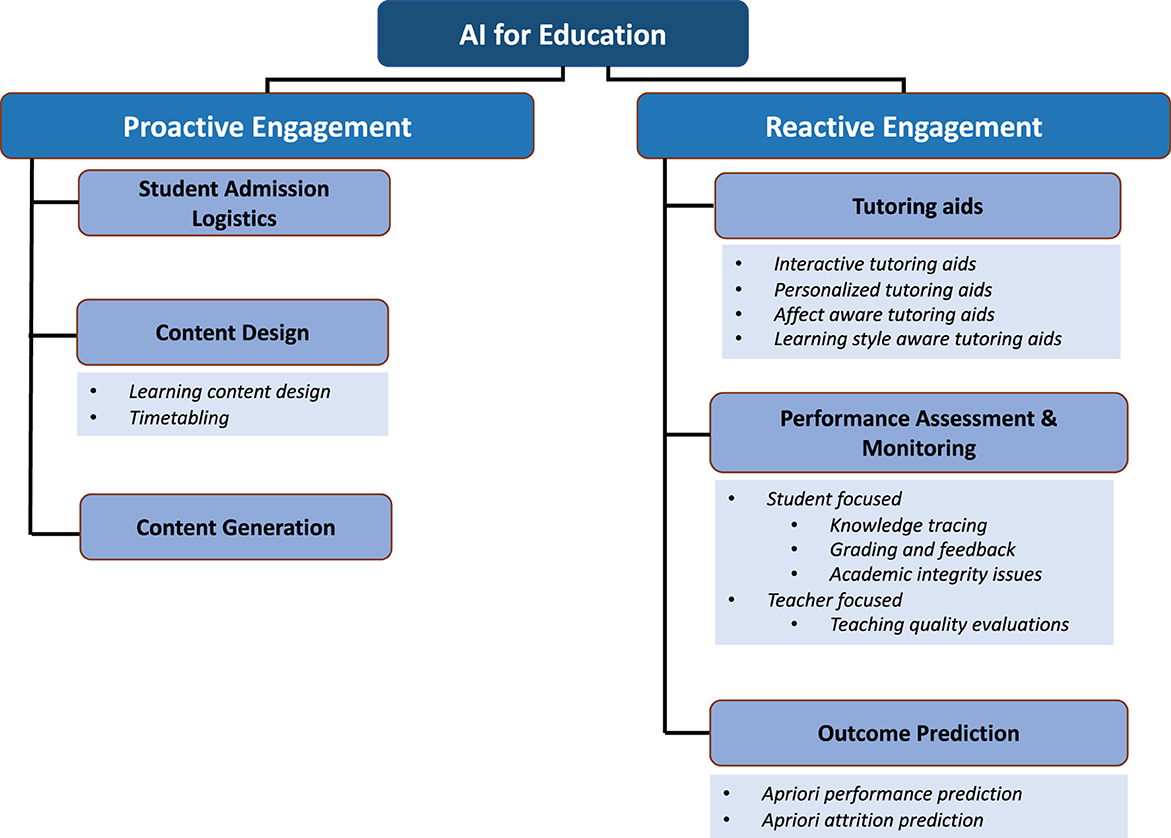
Credit: www.frontiersin.org
Integrating Ai Tools Into Research Workflow
As a researcher delves deeper into their subject matter, integrating AI tools into the research workflow becomes a game-changer. AI technology blossoms as a modern-day companion aiding in streamlining the literature review process. By sifting through vast arrays of academic papers, AI can curate data, analyze trends, and even predict future research trajectories. Let’s explore how to fold these smart tools into daily research routines to maximize productivity.
Best Practices For Efficient Use
- Set Clear Objectives: Begin by defining what you need from AI tools. Try to articulate your research goals.
- Select the Right AI Tools: Choose tools that serve your specific needs. AI tools come in different variations tailored for distinct literature review tasks.
- Train on the Tools: Invest time in learning how the AI operates. Most tools have tutorials or customer support to help.
- Review Results Regularly: Check the data provided by AI. Ensure its relevance and accuracy align with your research.
- Integrate Gradually: Start with simpler tasks. Gradually let AI handle more complex parts of the literature review.
Overcoming Resistance To Ai Technology
Educate Your Team: Teach coworkers about AI benefits. Show them how AI tools might make their work easier.
| Concern | Resolution |
|---|---|
| Fear of Technology | Start with basic tools. Demonstrate their ease of use and efficiency. |
| Worry about Inaccuracy | Compare AI-generated reviews with manual ones to prove reliability. |
| Job Security Fears | Clarify that AI tools assist rather than replace human researchers. |
Stay Updated: AI evolves quickly. Keep abreast of the latest advancements to ensure tools remain beneficial.
Case Studies: Ai-enhanced Literature Review Successes
Exploring how AI transforms literature reviews promises exciting insights. We dive into real-world examples where AI reshaped vast amounts of data into powerful knowledge.
Cross-disciplinary Research Breakthroughs
Artificial Intelligence (AI) bridges knowledge gaps across different fields. It uncovers patterns unnoticed by human researchers. Let’s look at some successful case studies:
- In health informatics, AI merged data from biology, technology, and patient care. This led to personalized medicine strategies.
- AI tools analyzed environmental studies and urban planning literature. They suggested new sustainable development pathways.
- Researchers in psychology and neuroscience used AI to integrate findings. This resulted in advanced understanding of human cognition.
Ai’s Impact On Systematic Reviews And Meta-analyses
AI streamlines the process of creating systematic reviews and meta-analyses. It ensures accuracy and saves time. Let’s see its notable impacts:
| Area of Impact | Benefits |
|---|---|
| Data Extraction | AI rapidly pulls relevant information, reducing human error. |
| Study Selection | It filters tens of thousands of studies to find the best ones. |
| Quality Assessment | AI tools evaluate study credibility, ensuring robust reviews. |
One remarkable case involved AI in a meta-analysis of cancer research. It sifted through decades of studies in record time.
Another involved a review of educational interventions. AI identified the most effective techniques from a sea of data. This shaped future policies.
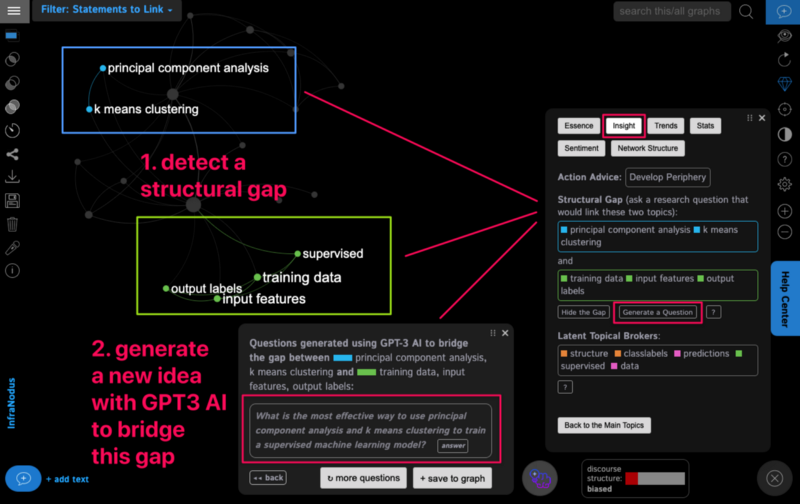
Credit: noduslabs.com
The Future Of Ai In Literature Review And Beyond
The future of AI in literature review promises a transformative leap in research efficiency and comprehension. Envision AI not merely as a tool, but as a collaborator enhancing the depth and breadth of scholarly investigations. AI technology is quickly becoming an indispensable asset, streamlining the review process and offering unparalleled analytical insights.
Emerging Trends In Ai Tool Development
The landscape of AI-powered tools for literature review is bustling with innovation. Each trend marks a step towards a future where AI augments human intellect.
- NLP advancements: AI systems now better understand human language, interpreting complex texts accurately.
- Customized search algorithms: These prioritize relevant papers, making literature searches fast and targeted.
- Data visualization techniques: They transform raw data into intuitive, interactive formats for easier analysis.
- AI collaboration platforms: Researchers have virtual workspaces where AI assists in real-time, enhancing productivity.
Ethical Considerations And The Path Forward
As AI reshapes literature reviews, ethical implications must guide development. The integrity and authenticity of research are paramount.
| Ethical Concern | Action Plan |
|---|---|
| Data Privacy | Secure protocols to safeguard researcher data |
| Bias Minimization | Algorithms designed to avoid perpetuating biases |
| Transparency | Open algorithms to allow scrutiny and trust building |
| Accessibility | Tools should be accessible to diverse research communities |
Industry and academia must collaborate to craft AI tools that honor these principles. The path forward involves rigorous testing, open dialogue, and a commitment to ethical AI.
Frequently Asked Questions On Ai Tools For Literature Review
What Is The Ai Tool For Review Research Paper?
An AI tool for reviewing research papers is “IRIS. AI,” designed to help researchers find relevant studies and review literature efficiently.
Can I Use Chatgpt For Literature Review?
Yes, you can use ChatGPT for assisting with literature reviews by summarizing articles, generating syntheses, and identifying key themes. Always verify its output for accuracy.
What Are The Three Unbelievable Ai Technologies To Automate Your Literature Review?
The three groundbreaking AI technologies for automating literature reviews are: GPT-3 for text generation, machine learning-based summarization tools, and AI-powered citation recommendation systems. These tools streamline the research process, providing swift analysis and relevant resource suggestions.
What Ai Tools Are Used For Systematic Review?
AI tools like DistillerSR, Covidence, and Rayyan streamline the systematic review process by facilitating literature screening, data extraction, and collaboration.
Conclusion
Embracing AI tools significantly streamlines the literature review process. With efficiency and accuracy, these innovative solutions transform daunting research tasks into manageable ones, ensuring comprehensive data analysis. As we navigate the expansive sea of information, AI proves to be an indispensable ally for researchers and scholars alike.

